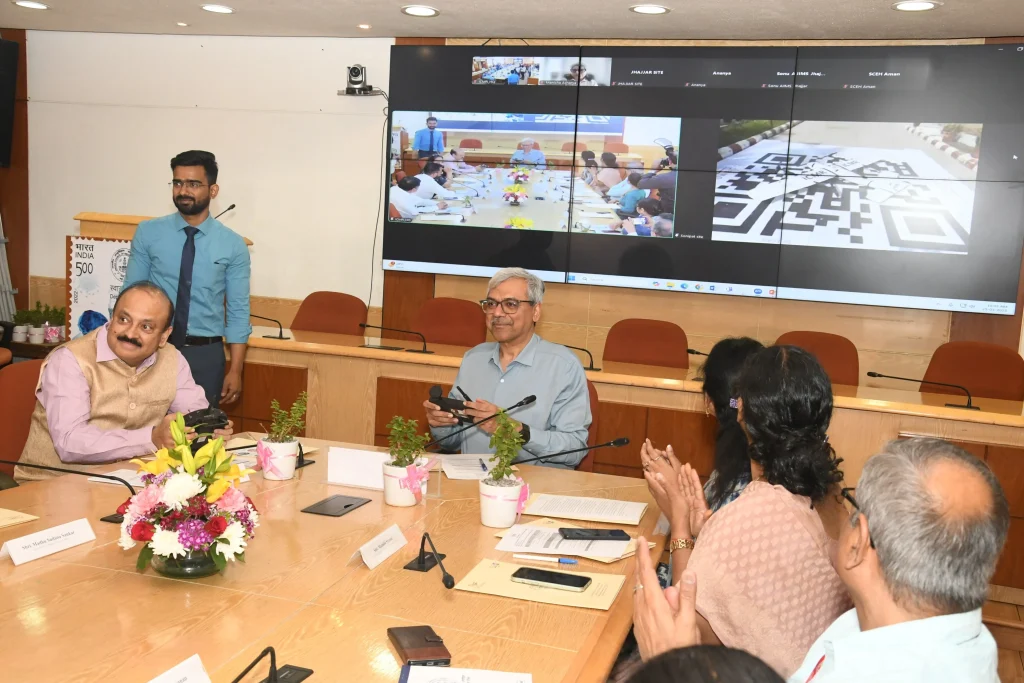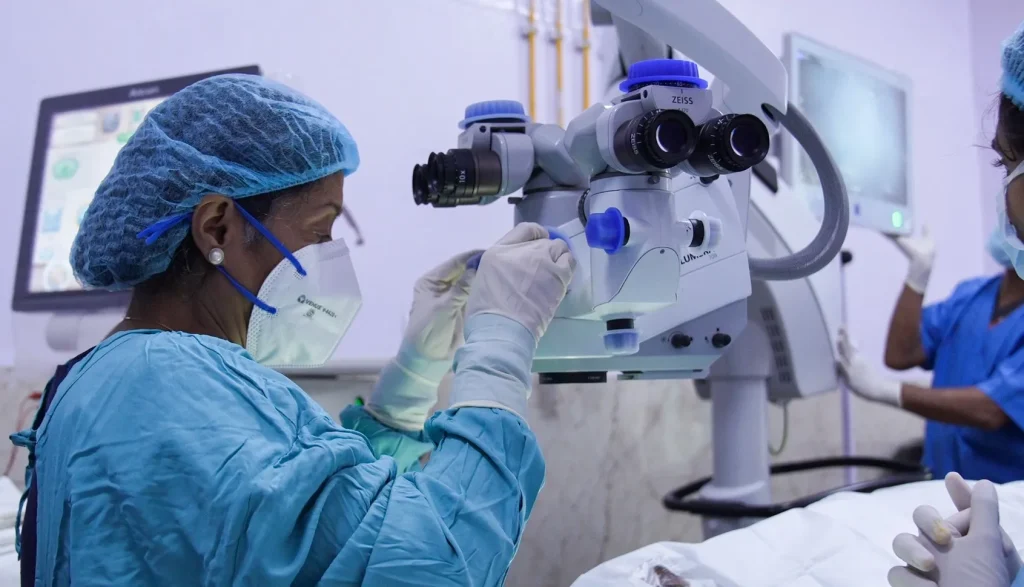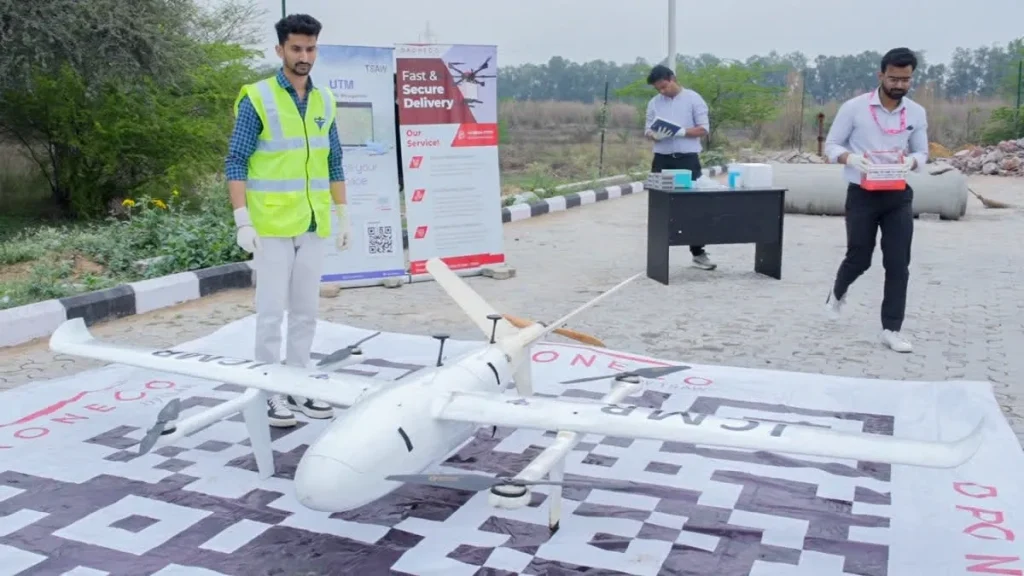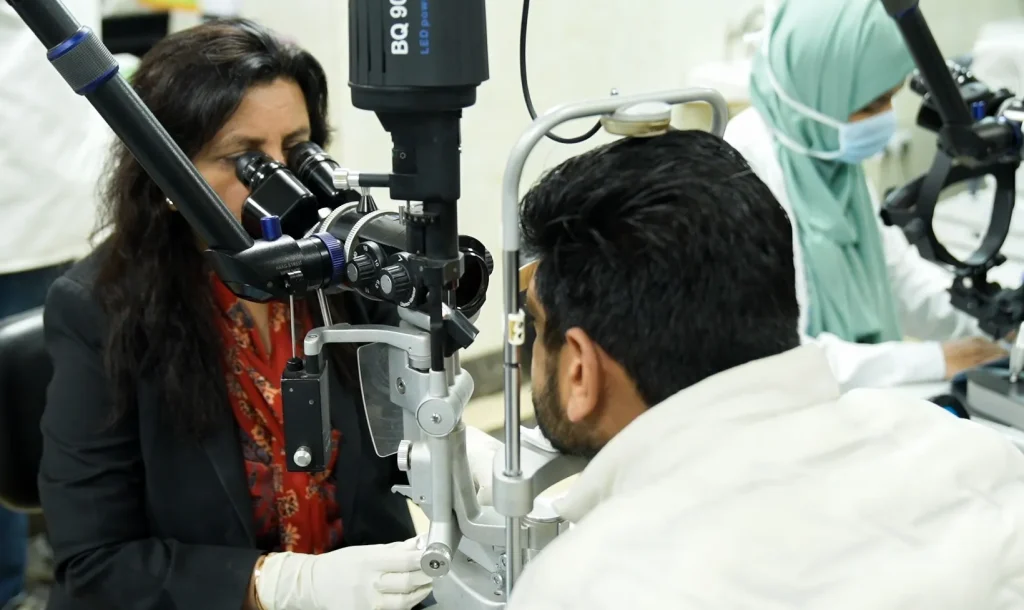The Indian Council of Medical Research (ICMR), along with AIIMS Delhi and Dr. Shroff’s Charity Eye Hospital, has completed a successful feasibility study using drones to transport sensitive ophthalmic biomaterials like human corneas and amniotic grafts. The pilot was conducted in Haryana’s Sonipat and Jhajjar with support from the Ministry of Civil Aviation.

Drone Cuts Transport Time for Corneal Tissue
Corneal tissue was flown from Dr. Shroff’s Sonipat center to AIIMS Jhajjar and then to AIIMS Delhi. While the journey typically takes about 2.5 hours by road, the drone completed the trip in 40 minutes. The specimen maintained proper conditions, was evaluated upon arrival, and successfully used in transplant surgery.

Expanding i-DRONE’s Reach
The project is part of ICMR’s ongoing i-DRONE program, which has been used in other healthcare logistics operations. Previous missions included vaccine and medicine deliveries in the Northeast, blood component delivery in Delhi-NCR, TB sample collection in Telangana, and operations in Himachal Pradesh’s extreme climates.

Scaling Drone Use in Public Health
Dr. Rajiv Bahl, Director General of ICMR, highlighted how i-DRONE was initiated during COVID-19 to deliver vaccines to remote areas. The program has since evolved to support various low-temperature medical deliveries. The cornea transport project is seen as another step toward improving access to timely transplants.
Government Sees Drones as Healthcare Gamechanger
Officials believe drones could transform medical supply logistics, especially in rural or semi-urban regions where road access is slow or unreliable. Fast and temperature-controlled delivery can prevent corneal tissue wastage and increase the success rate of transplants.

Aviation and Health Sectors Collaborate
Piyush Srivastava of the Civil Aviation Ministry emphasized the social impact of the health-aviation partnership. He said drone delivery is a scalable solution for time-sensitive medical needs in geographically tough regions.
A Step Toward Equitable Vision Care
AIIMS Director M. Srinivas pointed out that corneal blindness affects millions in India, and availability of donor tissue is a major barrier. Drone-based transport can improve access to surgeries in underserved areas and has potential for broader medical use.
